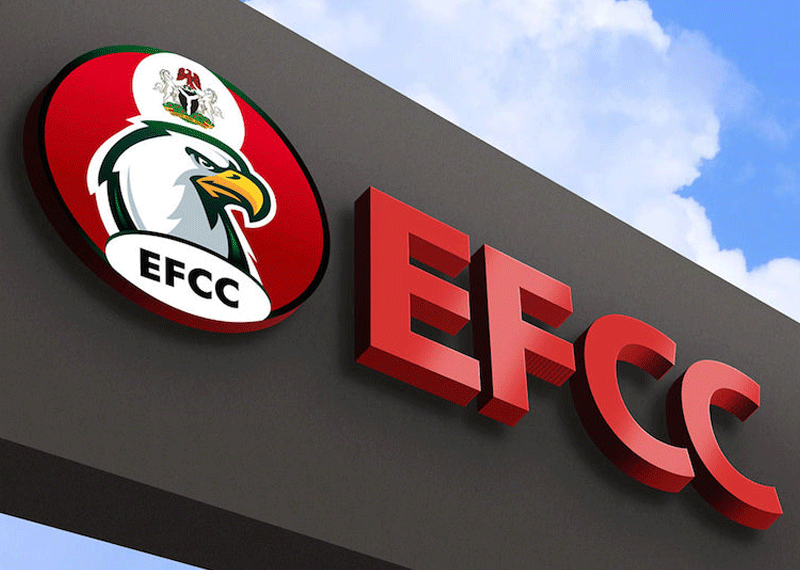The Economic and Financial Crimes Commission (EFCC), in collaboration with INTERPOL, has launched an investigation into the alleged N1.3 trillion fraud perpetrated by the defunct digital investment platform, CryptoBank Exchange (CBEX).
The online trading platform, which was widely promoted via social media, collapsed on Monday, leaving thousands of Nigerians and foreign investors unable to access their funds.
EFCC spokesperson, Dele Oyewale, confirmed on Tuesday that the anti-graft agency had already begun investigating CBEX before its abrupt shutdown.
He revealed that the commission will now work in collaboration with the International Criminal Police Organisation (INTERPOL) to trace and arrest both local and foreign operators involved in the fraudulent scheme.
“We had our intelligence before the incident. We were already working on it, but now that the scheme has collapsed, the major actors and their collaborators will be brought in,” Oyewale said.
Unconfirmed reports estimate the stolen funds at approximately $847 million, with the figure likely to increase as investigations continue.
Victims claim their CBEX account balances were wiped clean after the platform suddenly restricted withdrawals on April 9, 2025.
Users were then prompted to deposit $100–$200 to access their funds, a move many now consider a final deception.
The Securities and Exchange Commission (SEC) recently warned Nigerians against investing in unregistered platforms.
According to the newly enacted Investment and Securities Act, 2025, operating any online forex trading or related services without prior registration with the SEC is now a criminal offence.
SEC Director-General, Dr. Emomotimi Agama, noted that the law aims to provide legal clarity and protect investors in digital and high-risk investment spaces.
“Any business entity planning to operate in these areas must register with the commission to avoid sanctions,” he said.
The online platform operated by a group of foreign nationals in partnership with Nigerians had frequently changed its domain name and was heavily marketed through peer networks, luring investors with promises of 100 percent returns within 30 days.
Read Also: Netizens react to why Nigerians fall for Ponzi schemes as asset trading platform CBEX crashes
Following its collapse, chaos erupted across multiple cities. In Ibadan, Oyo State, angry investors stormed the CBEX office in Oke Ado, carting away furniture and equipment.
Security operatives and the members of the Amotekun Corps were deployed to restore order.
Similar scenes played out in Abuja, where the CBEX office in Jahi was locked and under heavy security watch.
Several victims expressed heartbreak over their losses. One woman revealed she lost $10,000, money she had saved after being convinced by a friend’s apparent success.
Another lamented losing $1,000 set aside for her wedding, while others disclosed using school fees and emergency funds to invest.
A private security guard at the Abuja office said staff had been instructed not to show up, fearing retaliation from aggrieved clients.
“People have been coming, but we’ve refused to allow them in. The building houses other businesses, and we want to avoid conflict,” he explained.
Financial experts say the CBEX collapse highlights a larger issue of unchecked greed and lack of due diligence among investors.
Kelechi Godfrey, a banker and financial educator, noted that Nigerians are too easily enticed by unrealistic returns.
“Any investment promising 100 percent returns in 30 days is too good to be true. Greed and ignorance continue to cost people their hard-earned money,” he said.
In March, the EFCC published a list of 58 companies under investigation for illegal investment activities.
Some, like Wales Kingdom Capital, Bethseida Group, and Farmforte Limited, have already faced prosecution. The commission vowed to intensify recovery efforts and clamp down on other ongoing schemes.
Oyewale urged Nigerians to verify the legitimacy of investment platforms with the CBN and SEC before parting with their money.
“We are committed to safeguarding the public and ensuring a corruption-free economic environment,” he said.






